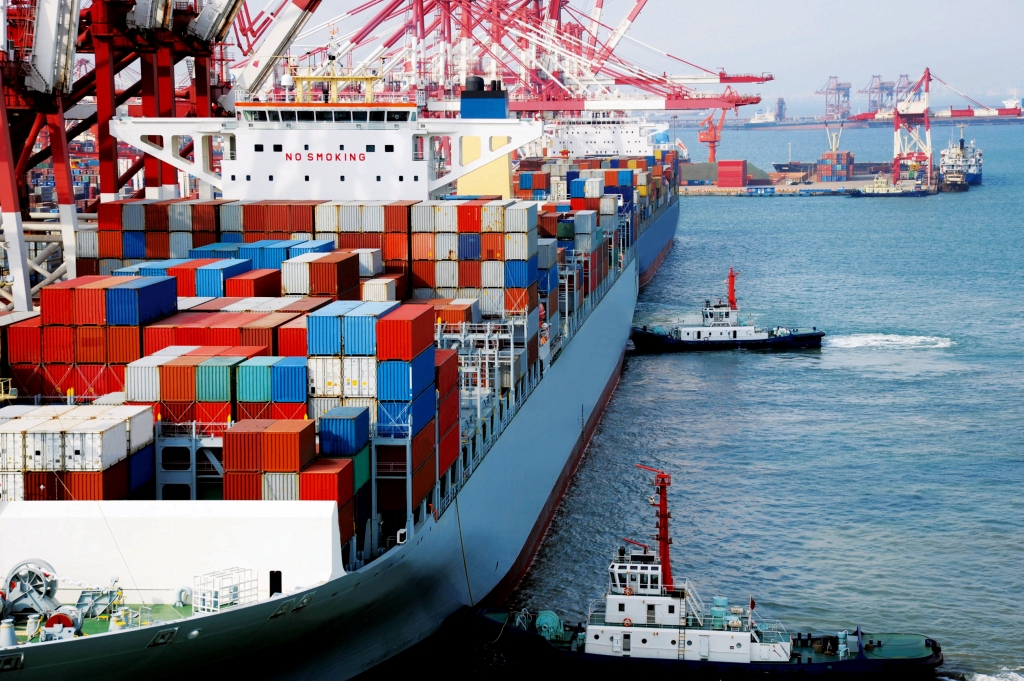Approaching the second anniversary of the Russian war on Ukraine and in the immediate aftermath of opposition leader Aleksy Navalny’s death, the U.S. Departments of State, Treasury, and Commerce today introduced a wide-ranging sanctions on individuals and entities tied to Russia and its war efforts. This has resulted in over 500 individuals and entities being added to the Treasury Department’s Office of Foreign Assets Control (OFAC) List of Specially Designated Nationals and Blocked Persons (the “SDN List”). The US Department of Commerce’s Bureau of Industry and Security (BIS) also added 93 entities in Russia and 7 other countries onto its Entity List.
OFAC Sanctions
Today’s action focuses on several key sectors of Russia’s economy, namely the financial, shipping, and military-industrial sectors, at home and abroad. These designations have been made under the authority of Executive Order (EO) 14024 (April 15, 2021), which has served as the basis for scores of designations since the onset of the Ukraine invasion.
Banking & Finance. On the financial front, OFAC sanctioned 9 financial institutions, along with the National Payment Card System Joint Stock Company (NSPK), the state-owned operator of Russia’s Mir National Payment System. NSPK and Mir’s ability to facilitate financial transactions within Russia as well as in other countries is a risk to the U.S. and our allies, as they’ve been useful to the Russian government in evading sanctions and finding ways to reconnect with the world financial system. OFAC has separately sanctioned many Russian banks under E.O. 14024 for operating in that country’s financial sector.
Shipping. OFAC also targeted Russia’s state-owned Sovcomfleet shipping company and fleet operator, designating 14 crude oil tankers tied to the company. Sovcomflot’s designation is pursuant to E.O. 14024, for “having operated in the marine sector of the Russian Federation economy” and for acting on behalf of the Russian government in various shadow operations to get around the G7’s price-cap regime on Russian crude oil.
Military-Industrial Base. OFAC has separately targeted the Russian military-industrial base, supported at home and abroad. This area has expanded as the country has reassigned many areas of industry production to contribute to their war effort. Alabuga UAV Procurement Network is a targeted entity and cooperative effort between both Russia and Iran’s Ministry of Defense and Armed Forces Logistics “to produce one-way attack UAVs for use by the Russian military in Ukraine.” Outside of Russia, OFAC has also targeted parties involved in the support of Russia’s military-industrial base in various capacities, as well as those who, like NSPK above, have worked to illegally connect Russia with the global financial system. The current action targets include third-country nationals located across 11 countries.
The designations effectively lock out the targeted entities from virtually all dealings with U.S. persons, a term defined to include U.S. citizens and permanent residents wherever located, as well as other parties who are physically in the United States, and legal persons organized under the laws of a U.S. jurisdiction. However, to facilitate wind-down, OFAC has issued a number of general licenses (GLs), namely GLs 88-93. These GLs are not blank checks to conduct business as usual, however, and have strict conditions.
Department of Commerce Actions
Separately, over 90 entities in 8 countries have been added to the Entity List. You may know this list from Huawei and other major companies on it. Being named on this list can be an effective ban on all items subject to the Export Administration Regulations (the “EAR”). This move is part of an effort to identify so-called “high priority items” – namely, those technologies whose access to which has already been curtailed under export controls on Russia and Belarus that are most likely to be objects of illegal diversion to Russia, based on their usefulness to Russia in its war efforts.
What Today’s Actions Mean
After today’s actions, over 4,000 entities and individuals have now been designated by the Departments of State and the Treasury since the onset of Russia’s invasion of Ukraine. In practical terms, the reach of these sanctions extend far beyond the entities named to the SDN List, as the OFAC’s “50 Percent Rule” – means entities owned in the aggregate 50% or more by blocked persons are themselves considered blocked, even if they are not specifically named on the list. Along with other sanctions imposed over the years, there has been a marked chilling effect on U.S. trade with Russia.
Today’s actions also further emphasize OFAC’s willingness to target entities outside the Russian Federation, including entities that are not owned or operated by Russian persons, targeting third country entities that have allegedly engaged in certain activities involving Russia and Russian assets. The recent, continual tightening of sanctions has resulted in sanctions circumvention efforts evolving to become more sophisticated in nature, often concealing identities and objectives. This underscores the need for U.S. persons to carefully scrutinize transactions for beneficial ownership, and in the case of goods and services, end-use, and to look beyond immediate, declared counterparties, and beneficiaries. Indeed, OFAC’s actions are evidence that non-Russians not subject to primary U.S. sanctions can also be targeted even if their activities may not be prohibited under the laws of their own jurisdictions. As such, non-U.S. persons in third countries should actively assess their activities to ensure they refrain from activities that could expose them to designation.





